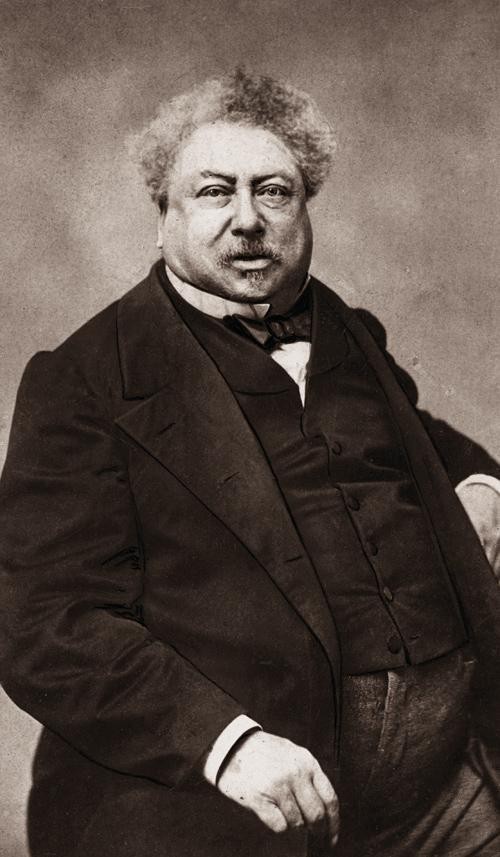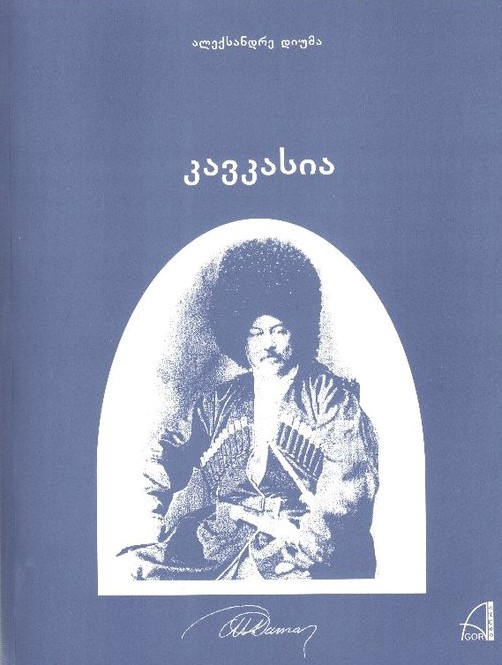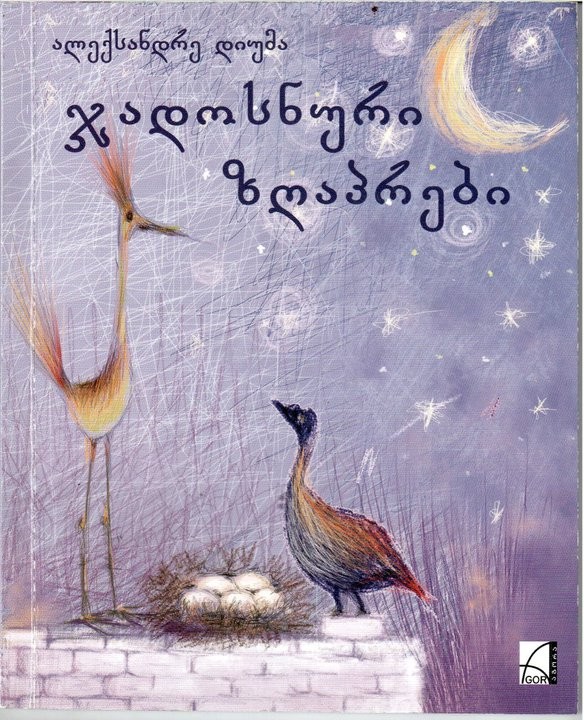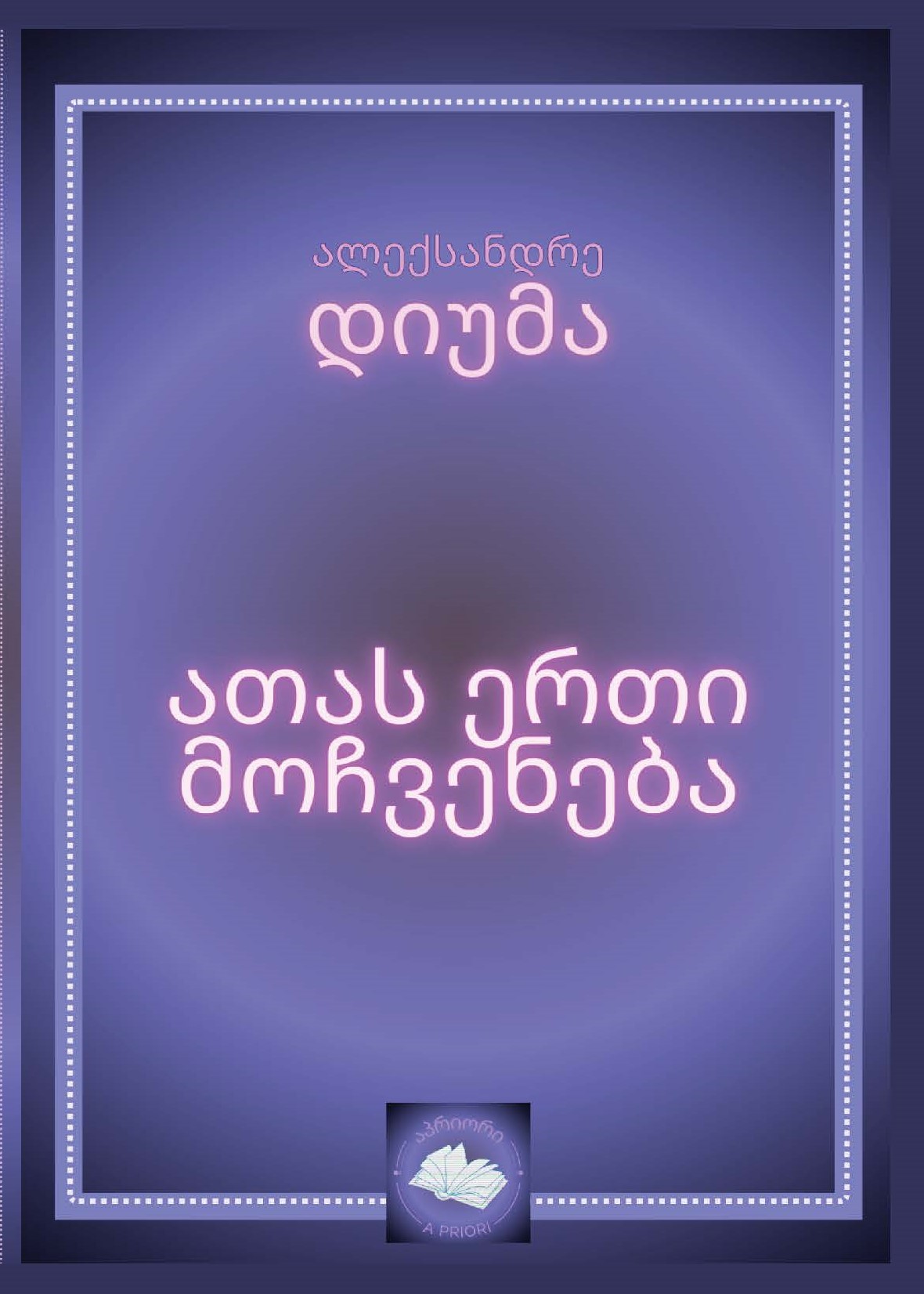
Alexandre Dumas
- 1802-1870
Alexandre Dumas, known in literary history as Dumas père, is a world-renowned French writer. He was the son of Marie-Louise Labouret and Thomas-Alexandre Davy de la Pailleterie — known as General Dumas — of Haitian origin. He was also the father of two French writers: Henry Bauer and Alexandre Dumas fils. Dumas lost his father at the age of four. He and his sister were raised by their grandparents. In 1822, to escape poverty and humiliation, Dumas left Villers with just 53 francs in his pocket and headed for Paris. He initially survived by doing small jobs. In 1825, he received his first recognition with the vaudeville play Hunting and Love. Soon after, one of his plays was successfully staged at the Comédie-Française. Around this time, along with writing plays, he began writing historical novels. In 1842, Dumas published his first serialized novel in the newspaper La Presse and realized he had found a source of income. From 1844 to 1850, he worked with four newspapers, writing and publishing continuously the now-famous novels known worldwide. In 1846, Dumas founded his own theater, where he staged both his own plays and those by Shakespeare, Goethe, Schiller, and others. It was in this theater that he first staged his play The Knight of the Maison-Rouge, in which The Song of the Girondins was performed — later becoming the national anthem during the Second Republic. In 1853, Dumas founded the newspaper The Musketeer, followed by The Monte Cristo. He traveled extensively and published his travel notes in serial form in his newspapers. During this time, after several years of waiting, the Russian Tsar allowed him to travel to Russia. Dumas embarked on the journey with painter Jean-Pierre Moynet and a translator assigned by Russia (who turned out to be a spy for the Tsar), resulting in two volumes: In Russia and The Caucasus. The full Georgian translation of the latter was first published by Agora Publishing in 2009 to mark the 150th anniversary of Dumas’s travels in the Caucasus. In 1866–1867, Dumas wrote his famous Great Dictionary of Cuisine, which was published posthumously. In 2002, Alexandre Dumas’s remains were transferred from Villers-Cotterêts to the Panthéon in Paris, a tribute by France to this towering literary figure. Representatives from all the countries Dumas had visited were invited to the Panthéonization ceremony. From Georgia, the poet, translator, and specialist in French literature, Georges Ekizashvili, was invited. Alexandre Dumas’s pen produced 72 plays, 10 poetry collections, 44 tales and short stories, 80 novels, around 20 translations and theatrical adaptations, as well as travelogues, biographies, historical essays, writings on theater and actors, chronicles, and memoirs. Tchaikovsky's ballet The Nutcracker is based on Dumas’s version of Hoffmann’s tale The Nutcracker and the Mouse King. Since 1909, more than sixty feature-length and television films have been made based on Dumas’s works.


